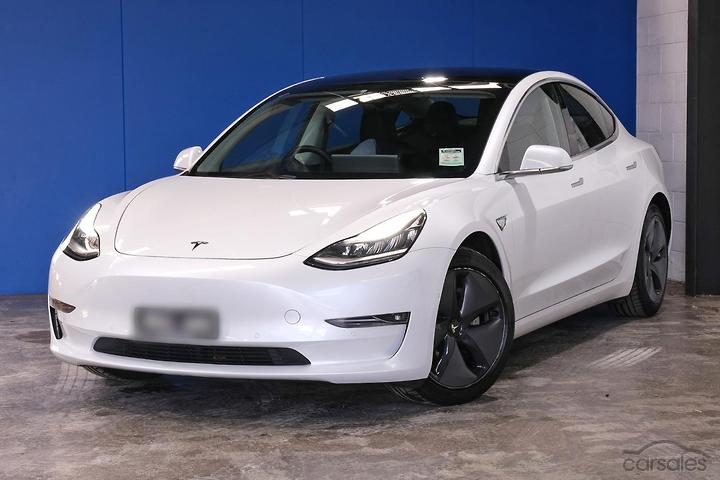The Social Value of Electric Cars
It is expected that electric vehicles will be the next game-changer in the transportation and technology industries. They could significantly alter the ways in which power is generated, consumed, and rerouted. The environmental damage caused by gas-powered vehicles can be mitigated in part by switching to electric vehicles. However, they’ve been shown to benefit civilization in a lot of other ways as well. The introduction of battery-powered automobiles has prompted calls for increased efficiency in the energy sector as a whole. They can have a beneficial effect on the environment and on society as a whole, demonstrating the importance of finding new fuel sources. Keep reading to learn more about the significance of electric cars for sale in san diego and the ways in which they can improve your life.
Promotes economic expansion
The advancement of technology and the introduction of new electric vehicles have contributed to economic expansion. The power used to charge electric vehicles and supply households with electricity must originate from somewhere. It is typically derived from oil or coal, though it can also be produced by the sun, the breeze, the water, the atom, and the biosphere. Growth of renewable energy sources like solar and wind is made possible by the increased demand for a constant and dependable energy source for electric vehicles. The cost of solar and other renewable energy sources is relatively stable, in contrast to the volatile cost of gasoline. In addition, unlike the oil shortages that plague the globe today, solar energy will never be in short supply. This implies that charging stations for electric vehicles are more likely to purchase electricity from stable, renewable sources. This is already the case with numerous EV fueling networks, including Tesla’s own Supercharger Network. Reduced pollution from EVs can go a long way toward mitigating the financial costs of climate change. As a result of climate change, the world economy suffers significant losses. Droughts and hurricanes are just two examples of the many natural disasters that are made worse by rising temperatures and cause extensive harm. Not only do electric cars help the economy develop, but they also mitigate the effects of extreme weather on the market.

Increased energy conservation
Regenerative stopping is a neat feature of electric vehicles that makes them different from their gas-powered counterparts. By doing so, the vehicle’s stopping energy can be used to recharge the battery. The efficiency of electric cars (EVs) at converting electrical energy into mechanical energy is 75%. (kinetic energy). However, the efficiency of gas-powered cars with internal combustion engines (ICE) is only 25%. Because there are fewer moving components in an electric vehicle, less energy is converted. Compared to internal combustion engines, this results in less wasted energy. To explain how this regenerative stopping system functions, electric vehicles use a generator to recoup some of the energy normally lost when braking that is converted to heat.
Price Points for Electric Vehicles Continue to Fall
Electric vehicles may be more expensive up front, but they save money over time. When compared to gas-powered vehicles, the total cost of owning an electric vehicle with comparable amenities is significantly lower. (for most people). Furthermore, the cost to produce batteries and thus power electronic vehicles is decreasing. This bodes well for the future availability and affordability of EVs.
In comparison to conventional gas-powered vehicles, electric vehicles are much less harmful to the atmosphere. Oil extraction is unnecessary for use of electric vehicles. (for fuel). In addition, they are very silent and produce no exhaust from the rear. Air pollution and ozone depletion from chemicals emitted by gas-powered cars have been the biggest threat to the environment. There is also the odd leaking of oil and radiator chemicals. Plants, animals, and people can all be harmed by the chemicals that leach into the ground and water source. Although the metal components of electric vehicles are not entirely eco-friendly and should be disposed of responsibly, they do not contribute to environmental damage while the cars are in use.



